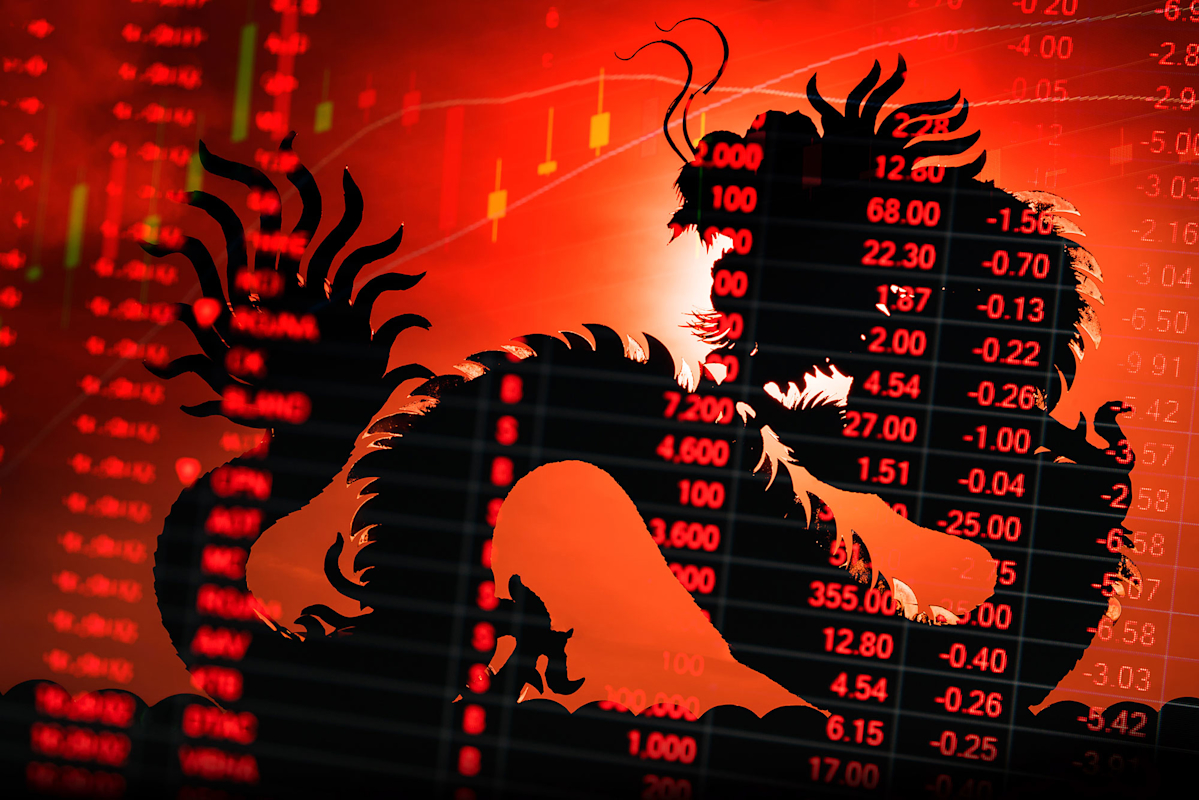In order to develop this '30,000-foot view' it's vital to get on the road and wear out the proverbial shoe leather. It's this on-the-ground research that allows us to zero in on the real issues and to build conviction around them.
The global aspirations of China and a potentially nuclear capable North Korea are two such topics. Both have the potential to shift the global landscape, quite literally. But they are also topics where there is a lot of misinformation in the public domain, making critical analysis of these issues all the more important.
It was during a series of recent trips through Asia that I got to speak to some of the foremost thinkers on these subjects. I spoke to range of people from ex-high ranking U.S intelligence officials, members of the Chinese People's Party including senior figures within the trade and commerce ministries, and a range of company executives.
Of particular interest to me has been China's multi-trillion-dollar modern day Silk Road, they call it their Belt & Road Initiative. Billed as the dawn of a "new era in globalisation" our recent interest has been sparked by the growing leverage this project is affording China over its less developed neighbours.
At the heart of this ambitious plan are two key state–sponsored lenders, China Development Bank and Export–Import Bank of China. With access to almost limitless funds, at interest rates typically reserved for only the highest quality sovereign nations, these institutions have now lent hundreds of billions of dollars to governments and corporations throughout Asia, the Middle East, and Africa.
But rather than paving the way for co–operation and synchronised growth across the region we are now observing growing evidence that more and more of the 63 nations earmarked for collaboration are now turning down these Chinese advances. Concerned by both the possible ulterior motives of China as well as the many pitfalls of over indebtedness (see the evolving debt crisis in the Maldives), we feel the success of this project now sits firmly outside Chinese control.
This growing risk of failure is not lost on the upper echelon of the People's Party. So it was no surprise to hear an extremely conciliatory tone from the party members I spoke to in Beijing regarding the topic of potential trade wars. As with all disputes 'it takes two to tango' and I feel China is unlikely to want to enter into a tit–for–tat battle with the U.S – it simply has too much to lose. China instead looks to be shrewdly turning the tables, taking the moral high ground on trade, by pushing forward its globalisation plans – something it hopes will further endear itself to its trading partners.
My conversations with now retired senior leaders at the U.S Central Intelligence Agency (CIA) and National Intelligence have been invaluable in understanding the multi–variable issues facing the world from North Korea's nuclear aspirations. Despite recent developments, which suggest they may be willing to abandon their nuclear programme in return for assured safety of the regime, I came away from our meetings with the strong belief a nuclear capable North Korea was at some point an almost certainty. This is a problem for regional security that won’t go away.
This creates a range of issues for the U.S and its allies, particularly Japan, which in turn creates major issues for China, as this would likely result in the deployment of the U.S–designed Terminal High Altitude Area Defense (THAAD) system on Japanese soil.
All this is of course very destabilising for the geo–political landscape. But unless North Korean leader, Kim Jong Un, goes the way of other previous nuclear–aspirational dictators Saddam Hussein and Muammar Gaddafi it seems unlikely much can be done to stop his progress.
Wearing my portfolio manager's hat I believe the risk premium which investors expect to receive from investing in Asian financial assets will soon begin to rise and as such have positioned our portfolios for this. This means, for instance, that we have had no exposure to Asian bank debt instead preferring to invest your capital in the US and Europe.
At its core, fixed income investment is a negative art – you win by avoiding losses. Identifying, assessing, and managing key macroeconomic risks like the ones highlighted in this article are an integral part of our risk mitigation efforts.

